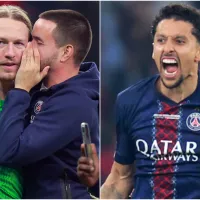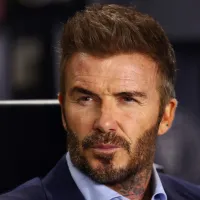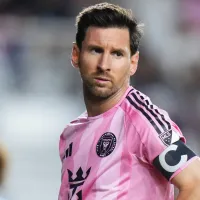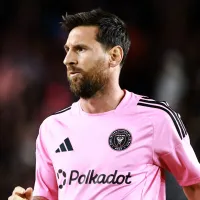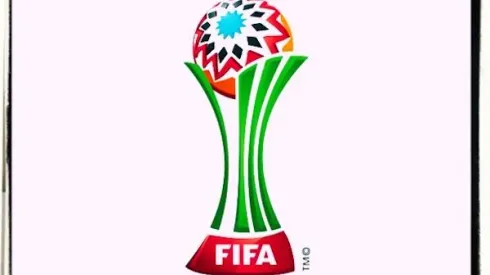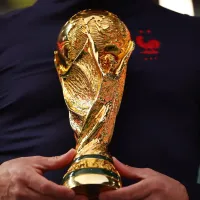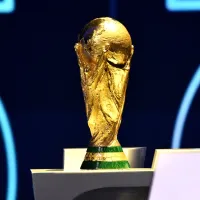FIFA has recently announced that it will soon ban third-party player ownerships. While the association made the sensible decision to bar the sketchy involvement of third parties, the ban will not be effective immediately. Following a meeting on the issue, FIFA President Sepp Blatter stated, “We took a firm decision that TPO (third-party ownership) should be banned but it cannot be banned immediately there will be a transitional period.”
Following the decision, Thomas Barnard of Thomas Eggar LLP stated that, “Third party ownership, the process by which a club shares the “ownership” of a player with third-party investors, is already outlawed in the Premier League. However, it remains a popular mechanism for teams in Europe and other parts of the world, allowing clubs to attract top talent without having to fund the player’s full transfer price. It offers investors the opportunity to profit from their stake if the player sees an increase in their transfer value.”
Barnard went on to say, “FIFA’s announcement that third party ownership of players is to be banned is likely to be welcomed in some camps, with others seeing it as yet another infringement on a club’s right to manage its financial affairs as it decides appropriate.”
As Barnard alluded to, the Premier League previously banned third-party ownership following the 2007 fiasco involving Javier Mascherano and Carlos Tevez, in which West Ham United was fined around $8 million for allowing the two players to be partially owned by third-party investors. Both Mascherano and Tevez would leave the London-based club in the same year.
Although the English top-flight league has banned TPO, Liverpool, Manchester City, and Manchester United all dealt with players that were partially owned by third-party investors outside of the country during the summer transfer period (Lazar Markovic, Marcos Rojo, and Eliaquim Mangala respectively). In the case of City’s $51.9 million bid for Mangala, the France international was reportedly not aware he was part-owned by investors.
Barcelona’s signing of Neymar also involved TPO. The Brazilian standout’s switch from Santos to Barcelona involved the player’s parents being majority shareholders in a company that owned Neymar’s rights. In the end of the saga, Neymar’s parents pocketed around $55 million from the sale of their son, while Santos reportedly only received about $21 million in the deal.
TPO is nothing new to Brazil, as about 90% of players in the Campeonato Brasileiro Série A are partially owned by a third party. Argentina and Portugal also have seen issues with TPO, and up to 36% of players in Portugal are owned by investors, not the clubs.
While some smaller clubs will not be happy with the decision to ban TPO due do financial reasons, along with the companies that invest in players, the game will almost certainly benefit from the barring of TPO. Inflated player transfer fees are in some cases partially due to TPO, and many clubs (and fans) have become frustrated with the enormous amount of money being thrown around professional soccer.

